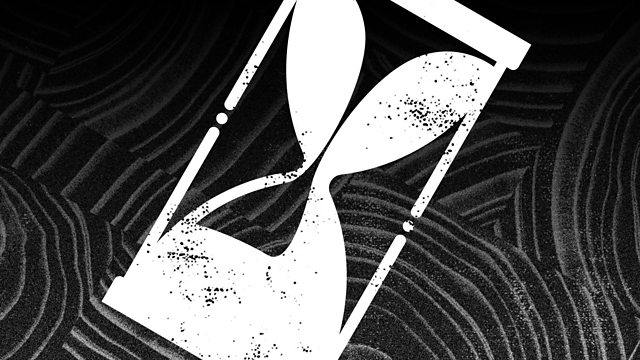This Old Year
Sarah Dunant delves into the past to help frame moments from an eventful past 12 months, from Donald Trump and fake news to Brexit.
In this final episode of 2017, broadcaster and acclaimed historical novelist Sarah Dunant, delves into the past to help frame moments from the year, as picked by historians, bringing to life worlds that span the centuries.
From the East India Company in the 17th Century to corporate power in the White House of 2017; from the second coming of the Ku Klux Klan and an immigration ban in 1920, via fake news in 17th century France to an Irish history lesson that's become vital in this month's Brexit negotiations.
The programme takes its name from the industrialist Henry Ford who, in 1921, reportedly told the New York Times, "History is Bunk" and asked "What difference does it make how many times the ancient Greeks flew kites?"
Presenter: Sarah Dunant
Producers: Katherine Godfrey and Nathan Gower
Executive Producer: David Prest
A Whistledown production for �鶹�� Radio 4.
Last on
Programme information
Contributors’ Reading
William Dalrymple, Writer and Historian
The Last Mughal: The Fall of a Dynasty, Delhi 1857
Linda Kiernan, Lecturer in French and European History at Trinity College, Dublin
'Absolutely Beautiful? Mme de Pompadour and the Aesthetics of Power' in Christine Adams and Tracy Adams (eds),��Female Beauty Systems.
Diarmaid Ferriter, Professor of Modern Irish History at University College, Dublin
A Nation and Not a Rabble: The Irish Revolutions, 1913-23
Linda Gordon, Professor of History at New York University
The Second Coming of the KKK: The Ku Klux Klan of the 1920s and the American Political Tradition
��
��
Dig Deep with Further Reading and Source Material
The Diary of Johannes Burchard
A History of Bengal – Ghulam Husain Khan
Bibliographie des Mazarinades - Célestin Moreau
Birth of a Nation (film) – D.W. Griffith
Take It Down From The Mast (folk song) – James Ryan
��
Broadcast
- Sun 31 Dec 2017 13:30�鶹�� Radio 4
Podcast
-
![]()
When Greeks Flew Kites
Monthly series in which Sarah Dunant finds stories from the past to help frame the present


